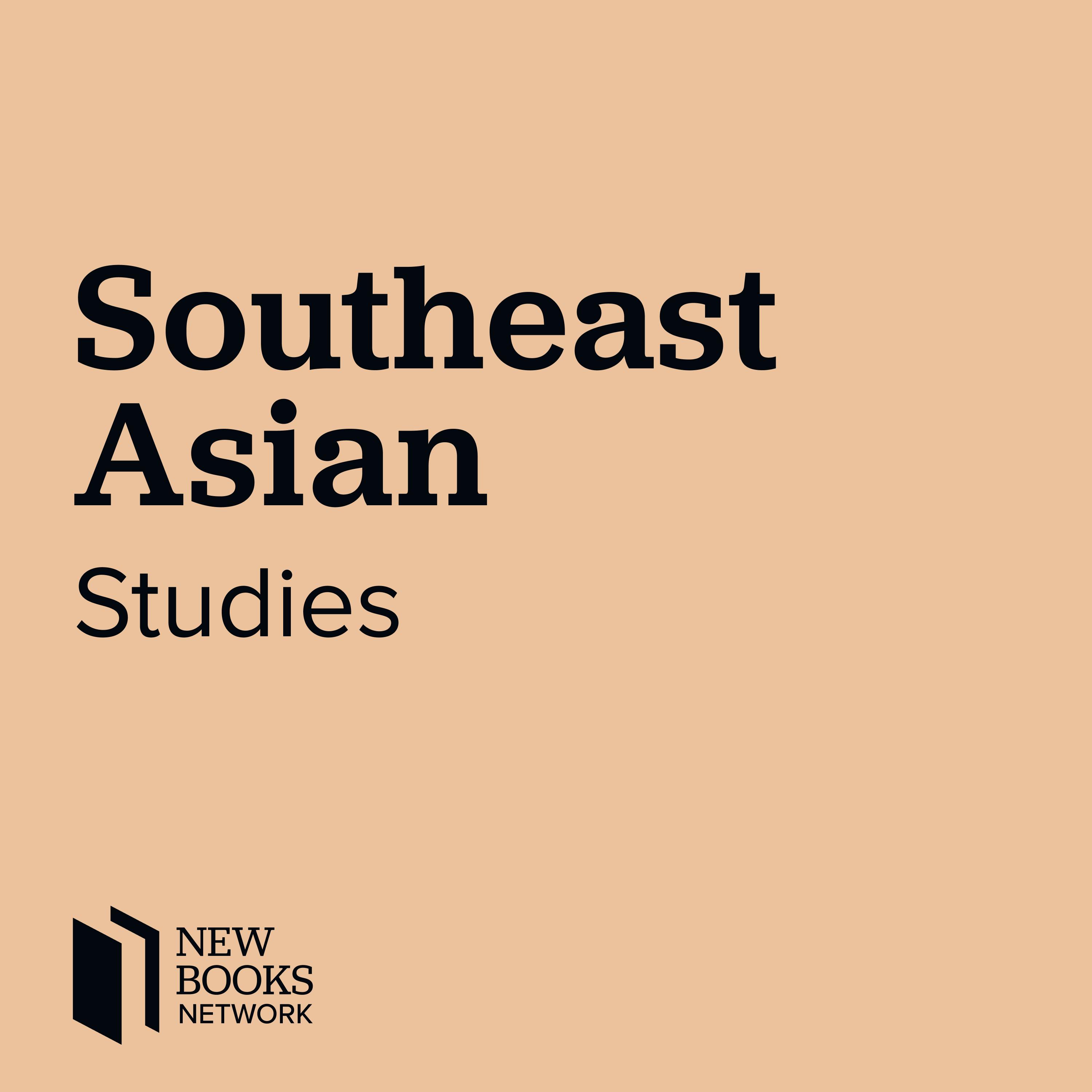Robert Lyman, "A War of Empires: Japan, India, Burma, and Britain: 1941–45" (Osprey, 2021)
Description
In 1941 and 1942 the British and Indian Armies were brutally defeated and Japan reigned supreme in its newly conquered territories throughout Asia. But change was coming. New commanders were appointed, significant training together with restructuring took place, and new tactics were developed.
A War of Empires: Japan, India, Burma, and Britain: 1941–45 (Osprey, 2021) by acclaimed historian Robert Lyman expertly records these coordinated efforts and describes how a new volunteer Indian Army, rising from the ashes of defeat, would ferociously fight to turn the tide of war.
But victory did not come immediately. It wasn't until March 1944, when the Japanese staged their famed 'March on Delhi', that the years of rebuilding paid off and, after bitter fighting, the Japanese were finally defeated at Kohima and Imphal. This was followed by a series of extraordinary victories culminating in Mandalay in May 1945 and the collapse of all Japanese forces in Burma. Until now, the Indian Army's contribution has been consistently forgotten and ignored by many Western historians but Robert Lyman proves how vital this hard-fought campaign was in securing Allied victory in the east. Detailing the defeat of Japanese militarism, he recounts how the map of the region was ultimately redrawn, guaranteeing the rise of an independent India free from the shackles of empire.
Support our show by becoming a premium member! https://newbooksnetwork.supportingcast.fm/southeast-asian-studies
More Episodes
Politicians in Southeast Asia, as in many other regions, win elections by distributing cash, goods, jobs, projects, and other benefits to supporters, but the ways in which they do this vary tremendously, both across and within countries.
Mobilizing for Elections: Patronage and Political Machines...
Published 06/15/24
European colonialism was often driven by the pursuit of natural resources, and the resulting colonisation and decolonization processes have had a profound impact on the formation of the majority of sovereign states that exist today. But how exactly have natural resources influenced the creation...
Published 06/05/24
"When the Spanish colonization of the Philippines began in 1565, early reports boasted of mass conversions to Christianity and ever-increasing numbers of people paying tribute to the Spanish crown. This suggests an uncomplicated story of an easy imposition of Spanish sovereignty.
But as...
Published 06/01/24


